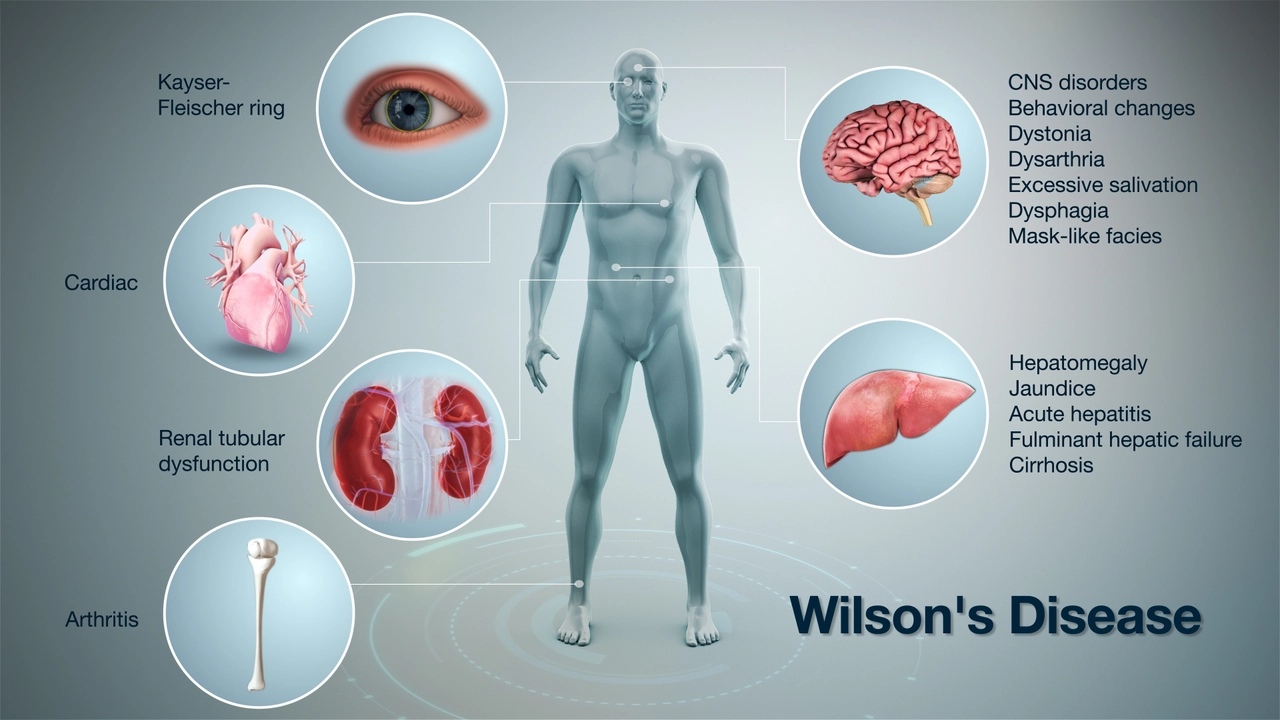What’s behind a new symptom or an unexpected drug reaction? This tag collects clear, practical articles that help you find root causes—from allergies and side effects to disease triggers and medication interactions. You’ll find posts on penicillin allergy, angioedema linked to blood pressure drugs, severe stomach pain tied to endometriosis, and safety when buying medicines online.
Start with a simple list: note new medicines, doses, supplements, foods, and recent illnesses. Time your symptoms against each change. A clear timeline often points to the trigger. Read specific guides here—like our pieces on penicillin cross‑reactivity and irbesartan allergies—to compare common patterns. If two drugs overlap, ask a pharmacist to check interactions. If symptoms match a disease pattern, use our testing tips before starting new treatment.
Use this short checklist: list recent changes, make a timeline, stop nonessential supplements after checking safety, ask a pharmacist about interactions, and bring notes to your doctor.
Some signs require urgent care. Call emergency services for trouble breathing, swelling of the face or throat, fainting, or chest pain. Severe abdominal pain, very high fever, sudden weakness, and a rapidly spreading rash also need quick attention. Those symptoms can be allergic reactions like anaphylaxis or angioedema, both covered in our allergy articles.
Prevention helps. Keep an updated medication list and share it with every clinician. Wear medical ID if you have known severe allergies. Always use licensed pharmacies. Don’t buy prescription drugs from suspicious sites without a prescription. Read our safe buying guides to spot red flags and verify pharmacy credentials.
Not every new symptom comes from a drug. Hormone changes, untreated conditions, infections, and lifestyle factors can cause the same problems. For example, pelvic floor dysfunction can cause chronic constipation, and endometriosis can cause severe stomach pain. Our articles explain how tests and exams separate these causes so you can get the right treatment.
Use the tag to read focused pieces on causes, alternatives, and safety. If you need personalized help, contact us through the site contact page. Bring a symptom timeline and your full medication list to appointments. Clear details speed diagnosis and improve treatment choices.
You can ask your doctor for specific tests: blood tests to check inflammation or drug antibodies, allergy testing for suspected penicillin reactions, skin testing, imaging like ultrasound for pelvic pain, and ECGs if heart symptoms occur. In many cases stopping the suspected drug briefly under medical supervision clarifies whether it caused the problem. For allergies that limit options, desensitisation protocols or safe alternatives are possible, and our penicillin guide covers real cross‑reactivity numbers and practical steps. Veterinary meds and supplements can also cause reactions, so talk to your vet about side effects and correct dosing. Finally, report any serious drug reaction to your doctor and to local health authorities so others stay safer.
Use our tag search often — practical articles make it easier to find causes and next steps

In my recent blog post, I discussed osteodystrophy, a condition characterized by abnormal bone development. I explored its various causes, which include kidney failure, hormonal imbalances, and certain medications. I also highlighted common symptoms such as bone pain, muscle weakness, and deformities. Additionally, I delved into the different treatment options available, ranging from medications to lifestyle changes and, in severe cases, surgery. Understanding osteodystrophy is crucial for early detection and effective management of this complex bone disorder.
